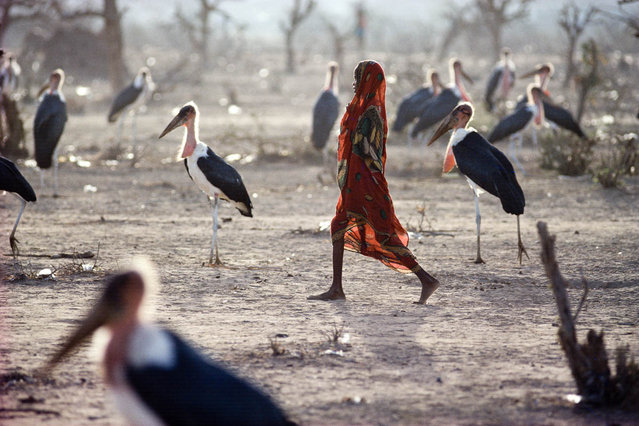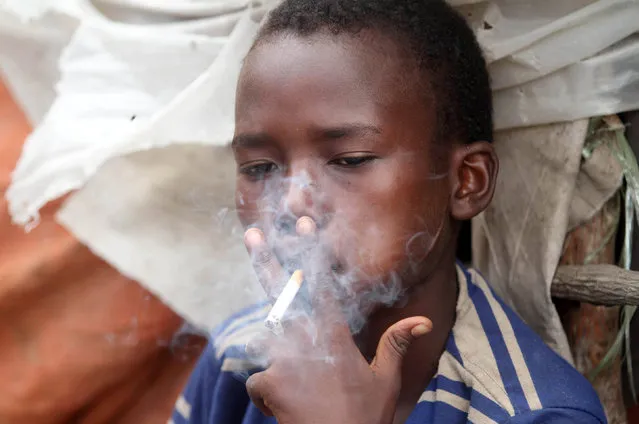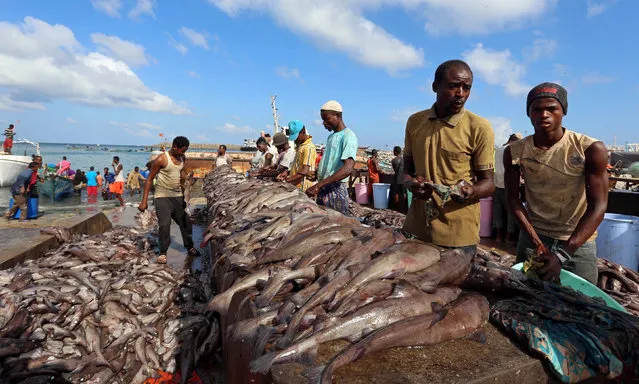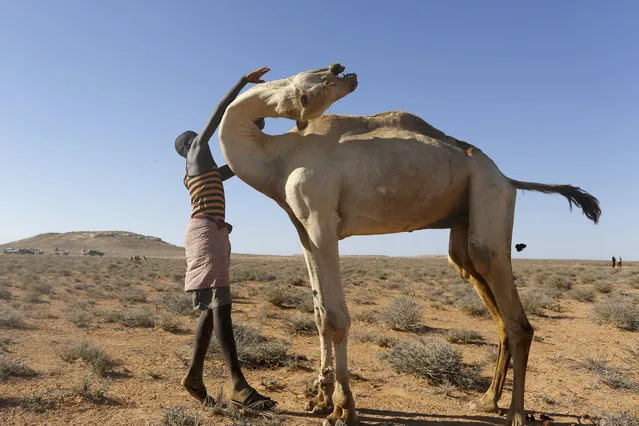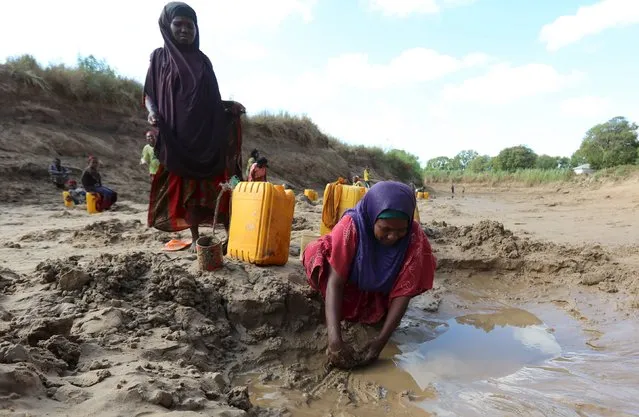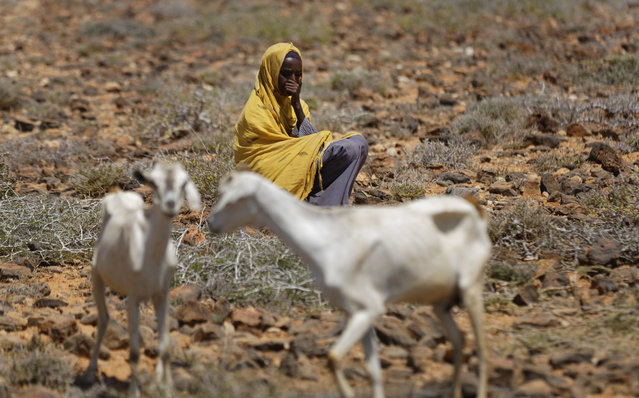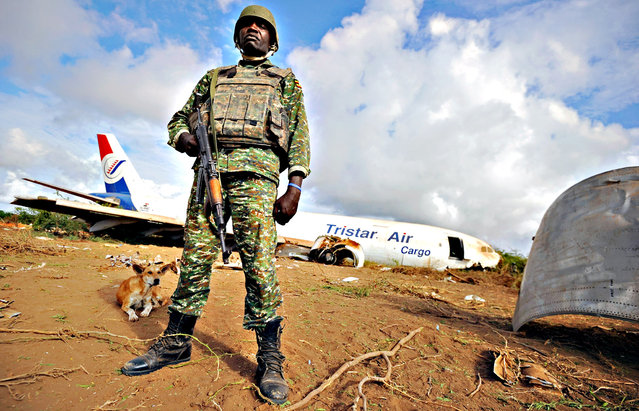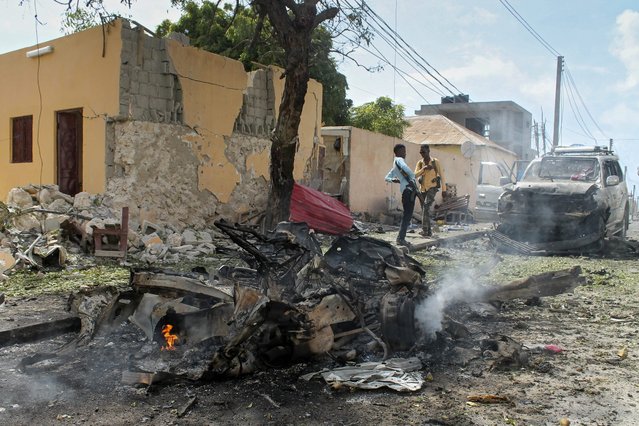
Somali security officers gather at the scene of a car bomb attack at the base for the African Union forces in Mogadishu, Somalia, 26 July 2016. Media reports say at least 10 people, including the security guards at the base which is located at Mogadishu's airport, have been killed after two car bombs exploded at the base. Somalia's Islamist militant group al-Shabab has claimed responsibility for the latest attack. (Photo by Said Yusuf Warsame/EPA)
27 Jul 2016 09:12:00,post received
0 comments

